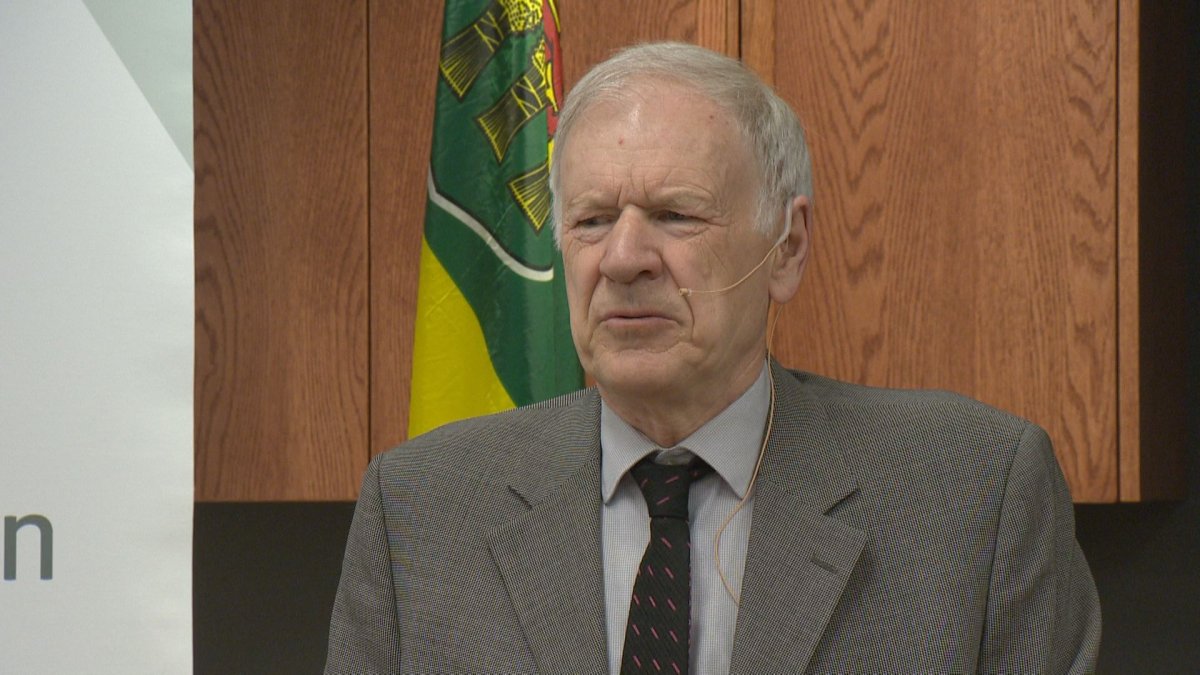Saskatchewan’s privacy czar says the province is on the right track to transparency when it comes to the spread of COVID-19.

“I believe that the decision-makers have been providing more information,” said Ron Kruzeniski, Saskatchewan’s information and privacy commissioner.
“We’re getting to smaller geographic units and I think that trend of going in that direction is positive.”
Kruzeniski said the more information shared with the public about the spread, the better, as long as there’s no threat of disclosing personal health information.
“More information builds trust in the community,” he said, noting people deserve to have a good sense of the ever-evolving situation.
“Now, we just have to develop consistent approaches.”

Get weekly health news
The provincial government has been hesitant to pinpoint communities with coronavirus cases, instead identifying wider regions and rural municipalities.
This month, however, the province flagged cases in Swift Current and has also shared the names of businesses that have been affected.
By pointing out the number of cases in cities or towns with thousands of residents, Kruzeniski said the chances of accidentally identifying someone with COVID-19 are incredibly slim.
For tiny communities, he said the approach of identifying wider geographic regions is suitable.
Saskatchewan’s chief medical health officer said it’s not necessary to pinpoint small communities if the cases there are traceable and the people infected are isolating.
Dr. Saqib Shahab said he’s more worried about highlighting cases where it’s unclear how transmission occurred.
“It’s not just the numbers,” he told reporters this week. “It’s the context.”
Questions about COVID-19? Here are some things you need to know:
Symptoms can include fever, cough and difficulty breathing — very similar to a cold or flu. Some people can develop a more severe illness. People most at risk of this include older adults and people with severe chronic medical conditions like heart, lung or kidney disease. If you develop symptoms, contact public health authorities.
To prevent the virus from spreading, experts recommend frequent handwashing and coughing into your sleeve. They also recommend minimizing contact with others, staying home as much as possible and maintaining a distance of two metres from other people if you go out. In situations where you can’t keep a safe distance from others, public health officials recommend the use of a non-medical face mask or covering to prevent spreading the respiratory droplets that can carry the virus. In some provinces and municipalities across the country, masks or face coverings are now mandatory in indoor public spaces.
For full COVID-19 coverage from Global News, click here.







Comments